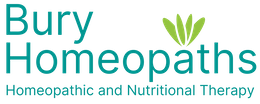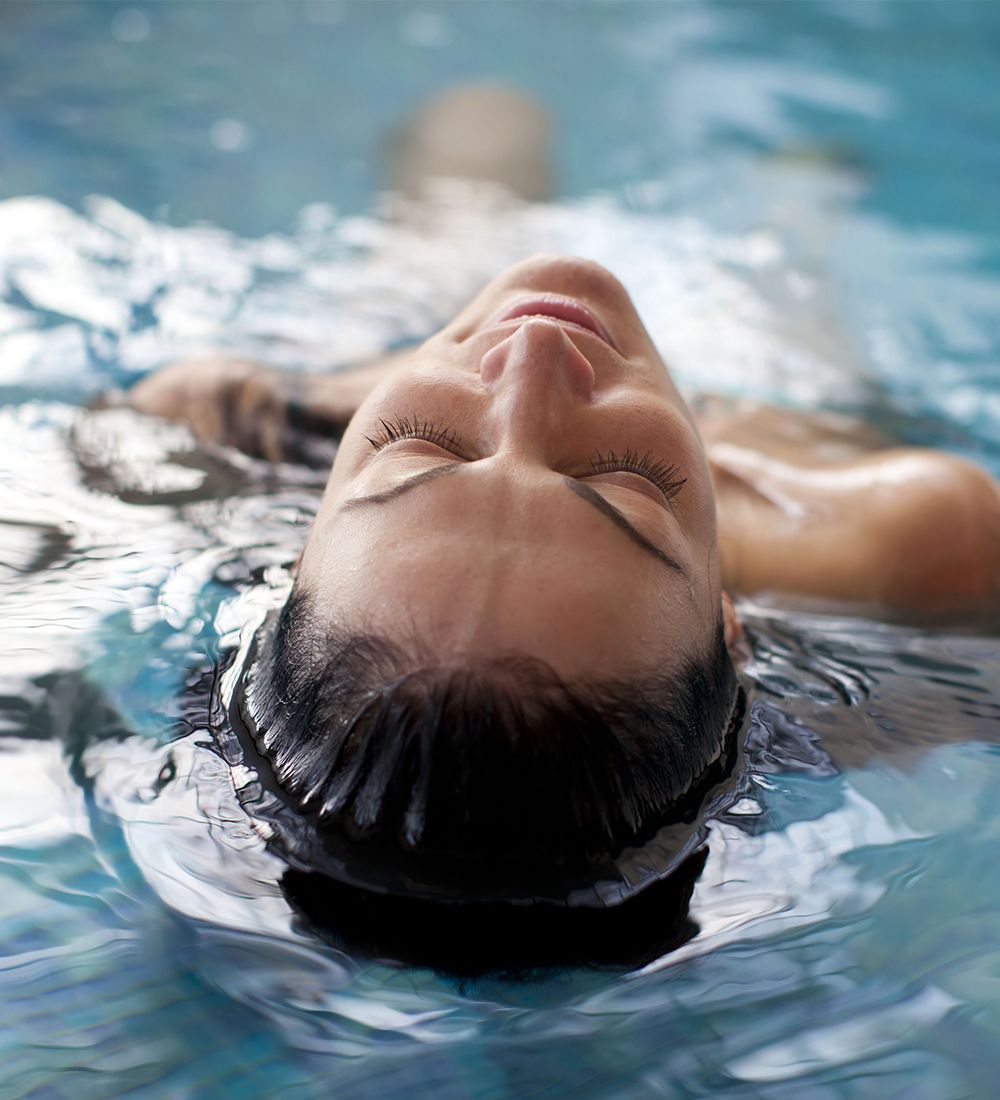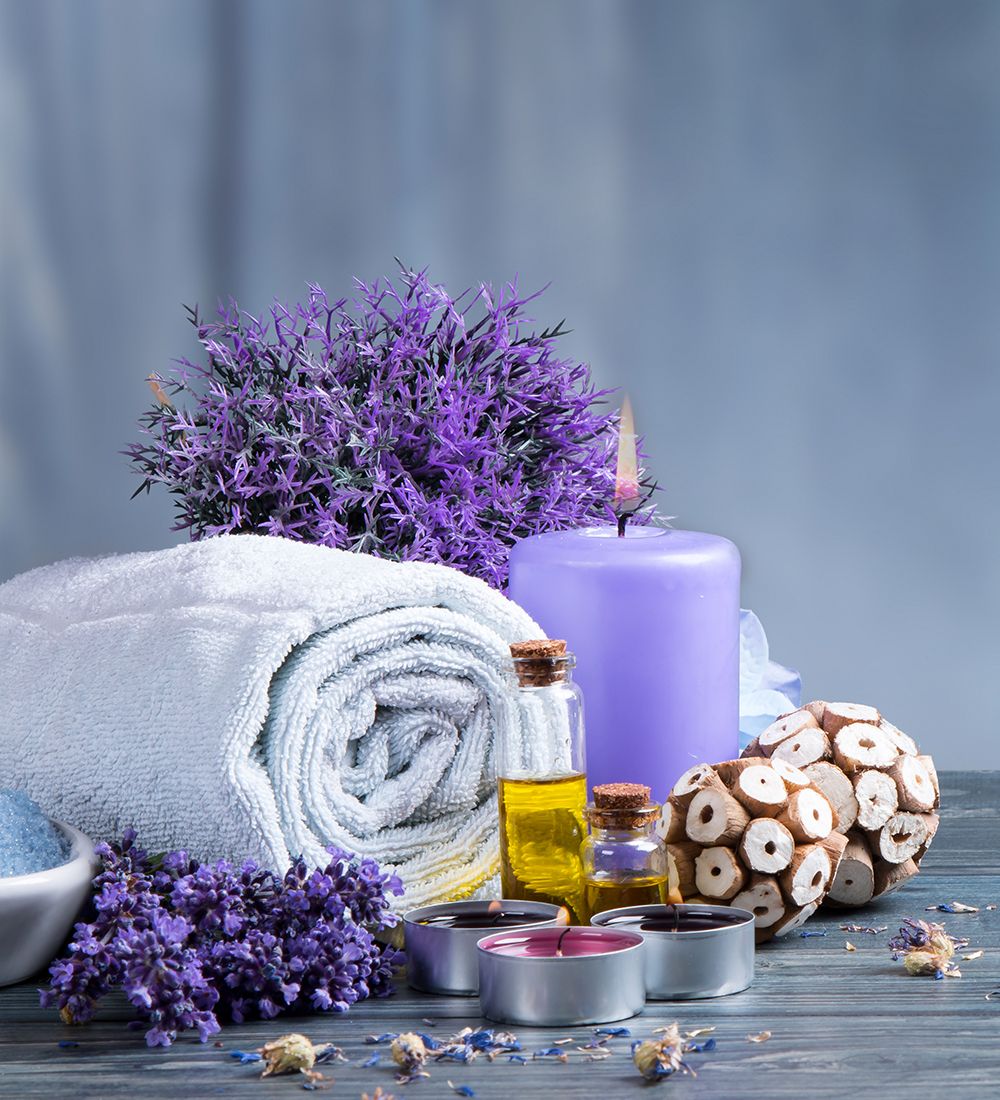It’s been estimated that over a million people in the UK have reported symptoms associated with long COVID and recent stats have shown that many are still suffering a year after the initial infection. With clients struggling to get help or treatment I look at what you may want to consider as part of your long COVID protocol.
Key Considerations For Post-Viral Recovery
1. Prioritise sleep
There’s a good reason why fatigue often accompanies illness and infection, and why it can persist for many weeks beyond what may seem like a reasonable time. Fatigue is your body’s way of making you rest so that it can divert energy and resources towards recovery and repair instead. It’s important to listen to your body; now is not the time to carry on as normal, instead you need to take it easy and nurture yourself.
2. Avoid alcohol
Regular consumption of alcohol may impact mood, energy levels, disrupt sleep and may even promote neuro-inflammation. Whilst the mechanism of alcohol-related neuro-inflammation is still not well understood, the possibility of this is certainly something you want to avoid during and following illness. It’s also know that alcohol will deplete some of the key nutrients you need for viral recovery eg. Zinc and vitamin C.
4. Increase diversity of plant foods in the diet to support gut microbiome
The gut microbiome has become a hot topic in recent years and research is gathering pace to demonstrate just how crucial this internal ecosystem is to overall health. There is therefore little point in loading up on superfoods if your gut needs some attention first. A great way to improve the diversity of the gut microbiome is to increase the amount and types of colourful plant foods you consume in your diet. A wide variety of plant foods may nurture different types of beneficial bacteria and support a thriving, health-supportive ecosystem that in turn will help you get the most of your diet. Aim for 40+ different types of vegetables, fruits and herbs in your diet each week.
Probiotics are also helpful in boosting your microbiome, particularly if it’s been compromised or depleted by anti-biotics or medication. Professional advise is best rather than just best-guessing or going for the cheapest options.
5. Balance inflammation through diet and key nutrients
Acute inflammation is an essential process needed in the initial stages of illness, yet if it persists and becomes chronic this may be problematic for optimal recovery. Chronic neuro-inflammation and raised histamine response has been been linked to post viral fatigue and long Covid and maybe the answer to why some people experience long Covid or have a ‘cytokine response’ to the Spike protein found in SARS- COV2 (the disease or vaccine).
Anti-inflammatory nutrients:
Omega 3 – oily fish (Sardines, Mackerel, Anchovies, Salmon, Herring).
Curcumin – either directly from turmeric or idealy as a supplement.
Quercetin – natures antihistamine reduces histamine (cytokine response) and helps transport crucial Zinc to cells.
Anti-virals:
Vitamin C – is naturally antibacterial and anti-viral. When our body is challenged we need a great deal of this nutrient to help repair cell damage, attack the spike protein and calm inflammation.
Zinc (citrate or glycinate): Zinc is an essential trace element that is crucial for growth, development, and the maintenance of immune function (particularly the mucous membranes in the lungs & throat). Zinc deficiency is strikingly common as a result of lifestyle, age, and disease-mediated factors (some medications and contraceptives lower zinc levels).
An abundance of evidence has accumulated over the past 50 years to demonstrate the antiviral activity of zinc against a variety of viruses.
Reduce refined sugar and dairy products as they may promote inflammation and may be best reduced or avoided during this recovery time.
Vitamin D – also has an important role to play in balancing inflammatory processes. It is widely considered that vitamin D supports balanced inflammation by regulating the production of inflammatory cytokines and immune cells and it is vital to ensure that levels are optimal (a blood level over 100 is ideal).
There is no one-size-fits-all solution to optimal recovery, and no quick-fix or magic pill. Therefore, for a specific, personalised approach to optimal recovery a consultation would be ideal.






